August 16, 2025 | 11:14 GMT +7
August 16, 2025 | 11:14 GMT +7
Hotline: 0913.378.918
August 16, 2025 | 11:14 GMT +7
Hotline: 0913.378.918
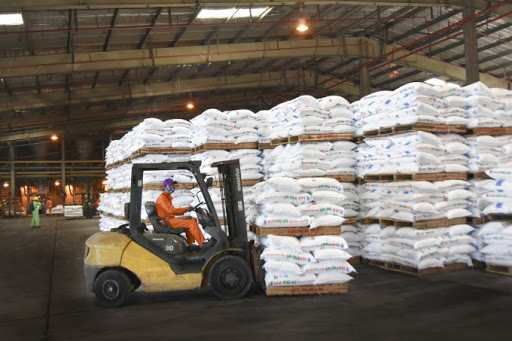
The Ministry of Finance's proposal to impose a 5% value-added tax on fertilizers received the consent of relevant ministries, branches and associations, including strong support from the Ministry of Agriculture and Rural Development and the Ministry of Industry Trade Association, Vietnam Farmers Association, Vietnam Fertilizer Association. Photo: DPM.
The Vietnam Farmers’ Union (VNFU) has agreed the imposition of 5% value added tax (VAT) on fertilizer products to boost local fertilizer production.
The imposition was a key part of the Ministry of Finance’s draft resolution to be submitted to the Government and the National Assembly for approval this year.
The resolution showed that the 5% VAT will be levied on both domestically-produced and imported fertilizer products, but the local fertilizer producers will enjoy a deduction of input 5% VAT, which is expected to reduce difficulties in the domestic fertilizer production industry.
Vice Chairwoman of the VNFU Bui Thi Thom told the nongnghhiep.vn that domestic fertilizer producers need to strengthen governance, reviewing and further cutting costs to lower production cost and product prices, and sharing benefits with farmers on the basis of mutual benefits.
“Thereby, they will continue to contribute to stabilizing the domestic fertilizer market, improving the competitiveness, and decreasing the amount of imported fertilizer,” Thom said.
The Ministry of Justice on October 22 issued an appraisal report No.221/BCTĐ-BTP on the finance ministry’s draft resolution.
The ministry basically agreed with the finance ministry about the need to issue the resolution with its constitutionality, legality, consistency, feasibility and compatibility with the relevant international treaties, in which Viet Nam is a signatory.
The Ministry of Justice has also agreed with the proposal to levy a VAT of 5% on fertilizer products to support the domestic fertilizer industry.
According to the impact assessment report of the Ministry of Finance, the fertilizer prices will decrease when the VAT rate is 5%, creating many positive and comprehensive impacts on many subjects and returning the fairness between domestically-produced fertilizer and the imported one.
“Farmers throughout the country will benefit in the long term when the fertilizer prices are stable, in addition to many new-generation fertilizers,” the ministry noted.
In term of the State budget, the customs authority's statistics showed that the total import turnover of fertilizers in 2019 was about VND 23.4 trillion. If VAT is calculatet at the rate of 5%, the State budget will receive more VND 1.17 trillion.
As for the domestic production, according to the preliminary calculation data of the tax authority and the report of the Vietnam Fertilizer Association, the input VAT amount on goods and services serving the fertilizer production was not deducted. It was about VND 1.2 trillion and must be included in the production costs in the period 2016 – 2019.
If the National Assembly approve the imposition of 5% VAT rate to fertilizers, the input VAT amount of the domestic fertilizer producers will be deducted, that corresponding to the payable output VAT amount. This tax is not included in the fertilizer producers’ cost of production, so the domestic fertilizer selling prices can decresed by 5%.
This will help local fertilizer producers have more conditions to cut costs and compete with imported fertilizers, having more opportunities to lower the selling price of fertilizers in comparison with the imported fertilizers.
Financial experts have said that the imposition of 5% VAT is consistent with international practices, commitments of Vietnam and the provisions of the VAT Law.
The VAT Law currently has three tax rates of 0%, 5% and 10%, of which the 0% tax rate applied to goods and services for export according to international practice, the tax rate of 5% to goods and services essential to the living and the inputs used for agricultural production, and the tax rate of 10% to other ordinary goods and services.
Author: Nguyen Huan. Translated by Trammy. Edited by Duc Huy.

(VAN) Deputy Prime Minister Tran Hong Ha believes that integrated management will help the Ministry of Agriculture and Environment become the 'conductor' in the path toward green, clean, circular, and low-carbon development.
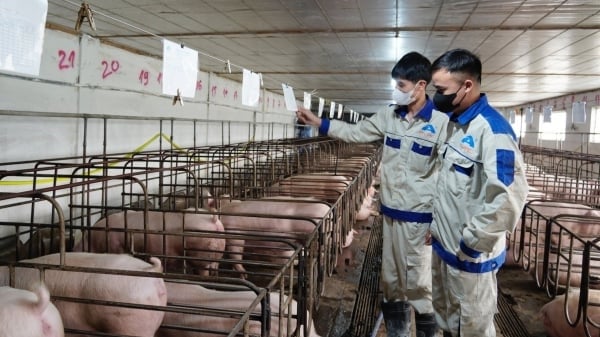
(VAN) Deputy Minister Phung Duc Tien urges the Department of Livestock Production and Animal Health to issue African swine fever (ASF) vaccination instructions.
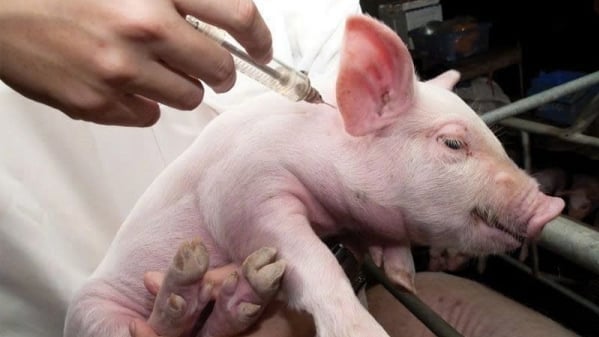
(VAN) The live vaccine BIO-LJE is considered an effective and safe solution for preventing Japanese encephalitis, a disease that can cause reproductive disorders in pigs.
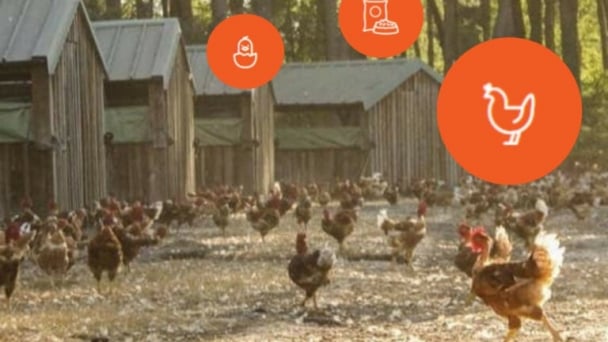
(VAN) The French agricultural cooperative Maïsadour aims to bolster its well-known chicken sector through substantial investments in new poultry houses.
/2025/08/10/2210-4-151901_516.jpg)
(VAN) The Emission Reductions Payment Agreement (ERPA) in the North Central region has brought significant benefits to ethnic communities in Nghe An, further enhancing the value of forests.
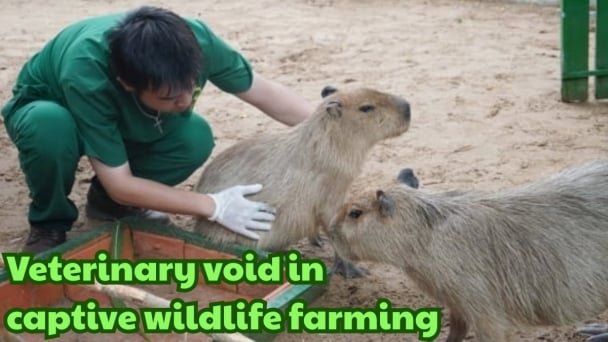
(VAN) More than a conservation site, Saigon Zoo is emerging as a model for wildlife health surveillance in the heart of Ho Chi Minh City.
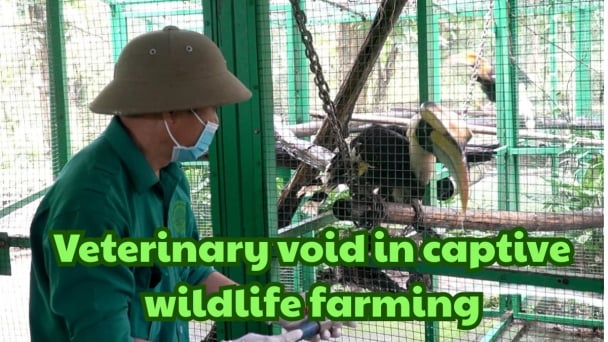
(VAN) From local pilot initiatives to global best practices, effective disease surveillance in captive wildlife demands a coordinated ecosystem, before it’s too late.